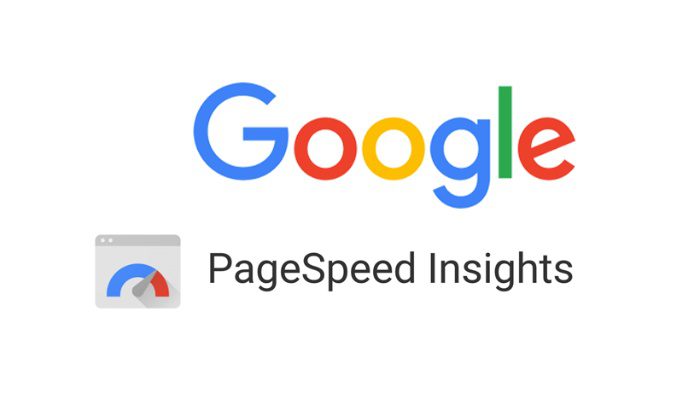Page speed is the measure of how fast content loads on your page. Often, people use the terms page speed and site page interchangeably with the assumption that the two are the same thing. Truth is that they differ significantly. Page speed is centered around the performance and attributes of a single page on your website. Site speed, on the other hand, is the time the whole website takes to load when users are browsing through it. Site speed aims at rendering and guiding users through the various sections of your website. However, they both influence user experience, page views, and conversions.
What affects page speed?
Page speed is impacted by numerous factors which can be grouped as user and web page factors.
- Potential user factors include things like the browser that a person uses to open your site (smartphones, for example, could be slower than a desktop), their internet service provider, and the processor speed of their browsing devices. If the user’s device is infected by malware, they are likely to experience sluggishness on the internet. The number of apps that they have saved on their browsing device may also affect the experience they have on your page.
- Web page factors include issues like the general performance of your website which is impacted by the content that you have. While you have no control over the user factors, you can make changes to your website so that the pages load faster. For instance, you might be a big site like Winzip, however, if your online presence isn’t top-notch, people will no longer be interested in what you have to offer. Fortunately, there are things to be done. You could, for example, minimize the number of ads you place on your site. You could also hire a good web developer and SEO Expert optimizer to help you handle any web page factors that could be slowing down your pages.
Page Speed versus SEO & Google Rankings
It is not very clear how page speed affects SEO, but the truth is that it does. An announcement by Google some years back indicated that the search engine will be considering page speed when ranking websites. SEO experts aren’t too sure if Google followed through with this announcement, but they agree on these two facts:
1) Page speed affects user dwell time and user experience, which in turn affects SEO
Google searchers want their queries answered fast. They don’t have the time or the patience to wait for your pages to load. Even if your page appears on the first results page for the keywords you have optimized, it won’t help your online reputation if its page speed is slow. Users will be clicking on your page and then bouncing within seconds. That means reduced dwell time, which tells Google that your page isn’t as useful as they have ranked it. Increased bounce rate also means increased disgruntled potential customers and, by extension, lost traffic and business leads. None of that is good for your SEO. You can consider partnering with a good digital marketing agency to make sure you prevent such mistakes from happening.
2) Accelerated mobile pages (AMP) affect SEO
What is AMP? It is a coding platform for publishers that allow users to load their sites on smartphones and other mobile pages with ease. AMP works by reducing unnecessary elements in a webpage that would slow down page speed. This platform then allows users to access a stripped version of your site on their mobile devices. Pages tend to open faster on a mobile phone than on desktops. AMPs can greatly increase your traffic considering that most Google searchers use mobile browsers. With online traffic comes better SEO ranking.
How do you improve your speed?
You can achieve this by addressing the factors that slow your page speed. Here is how to go about it:
- Given that images can reduce your load time, you need to compress them by using tools such as WordPress plugins like the WP Smush Image. If you feel like this is not part of your expertise, you can utilize professional help from a web developer such as Tactica, anywhere local to where you are.
- Coding and HTML also affect your page speed which makes a browser caching tool essential to hasten things up. You can get a developer to write code that embeds a plugin on your website to enhance your speed.
- A large space on your HTML coding also affects your SEO and ranking on Google. Thus, you need to implement a minification process to get rid of duplicate and unnecessary data that slows your page speed.
Conclusion
While your page may be well developed with beautiful visual aids, it might fail to drive conversions due to speed. Therefore, in your site development plan, you need to address all possible issues that might cause a low bounce rate on your site. Don’t forget that users will only be drawn to pages with a low wait time.



































